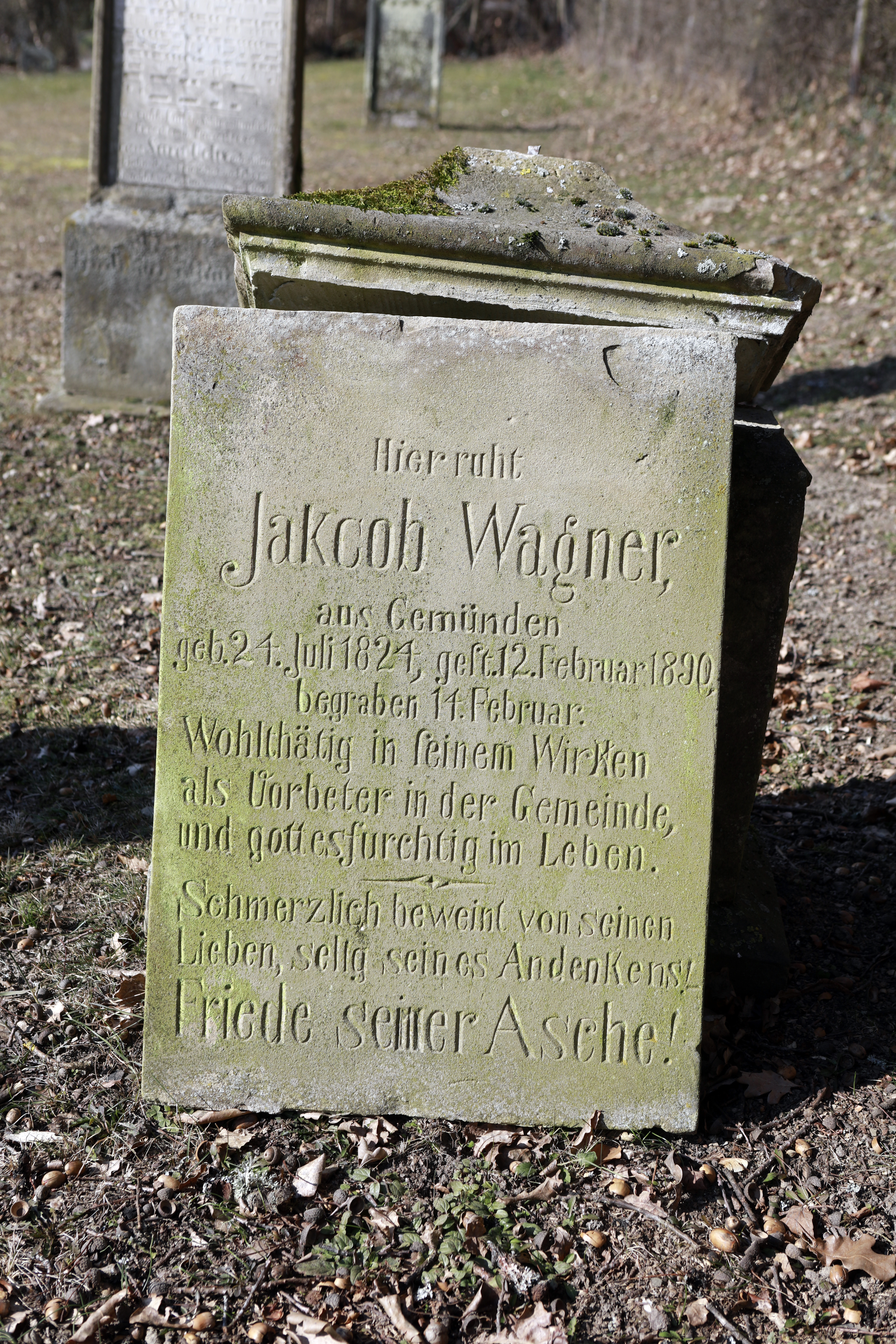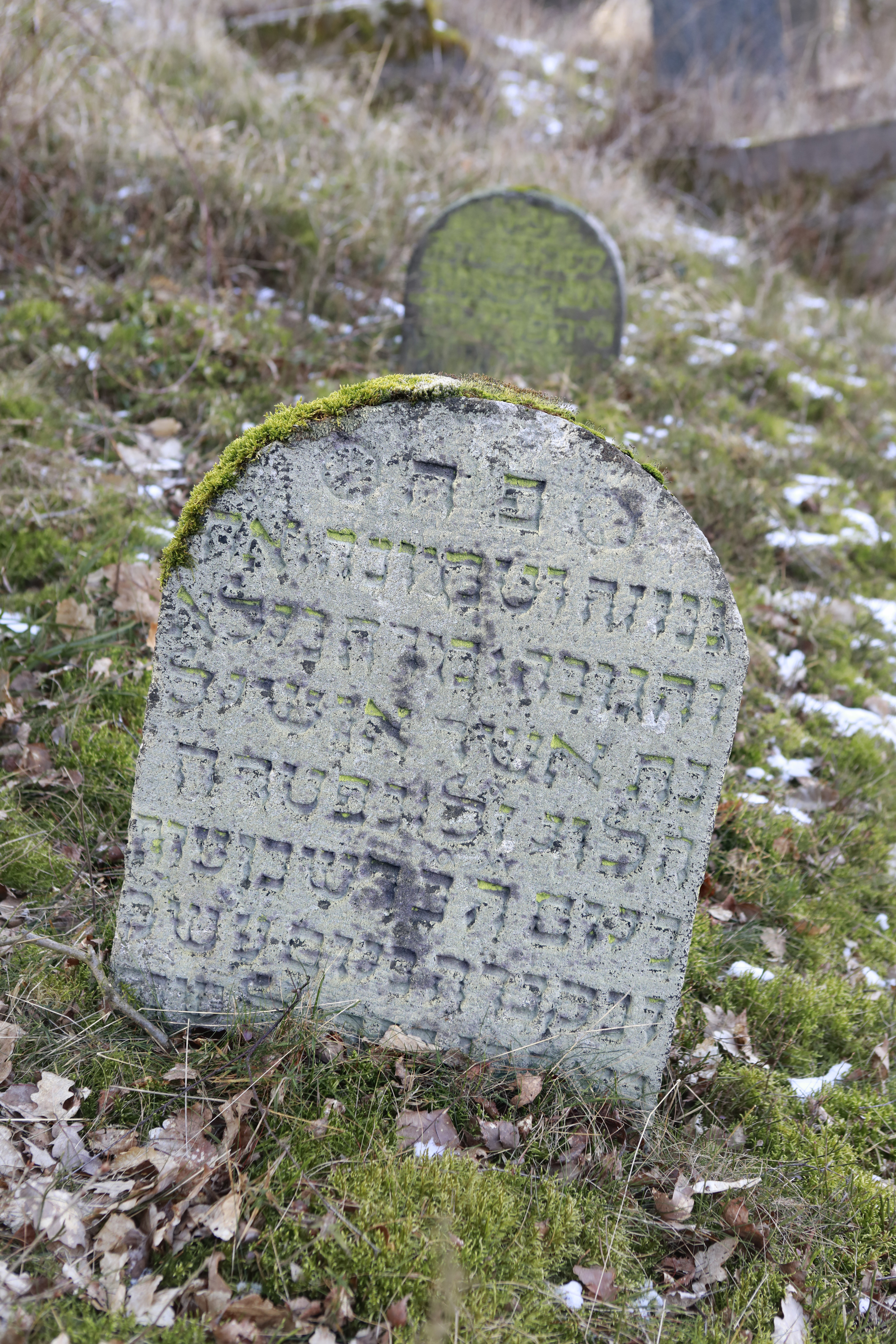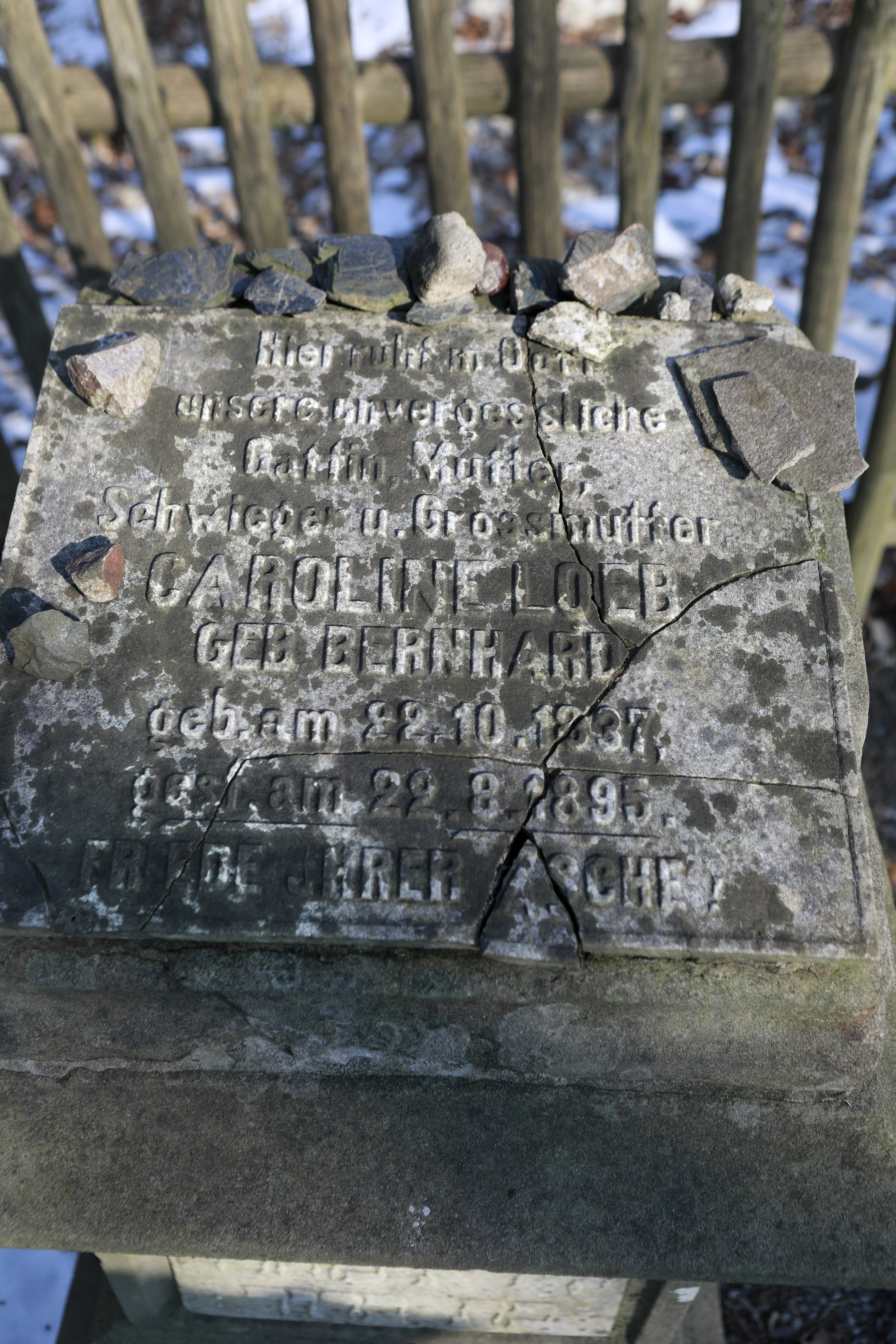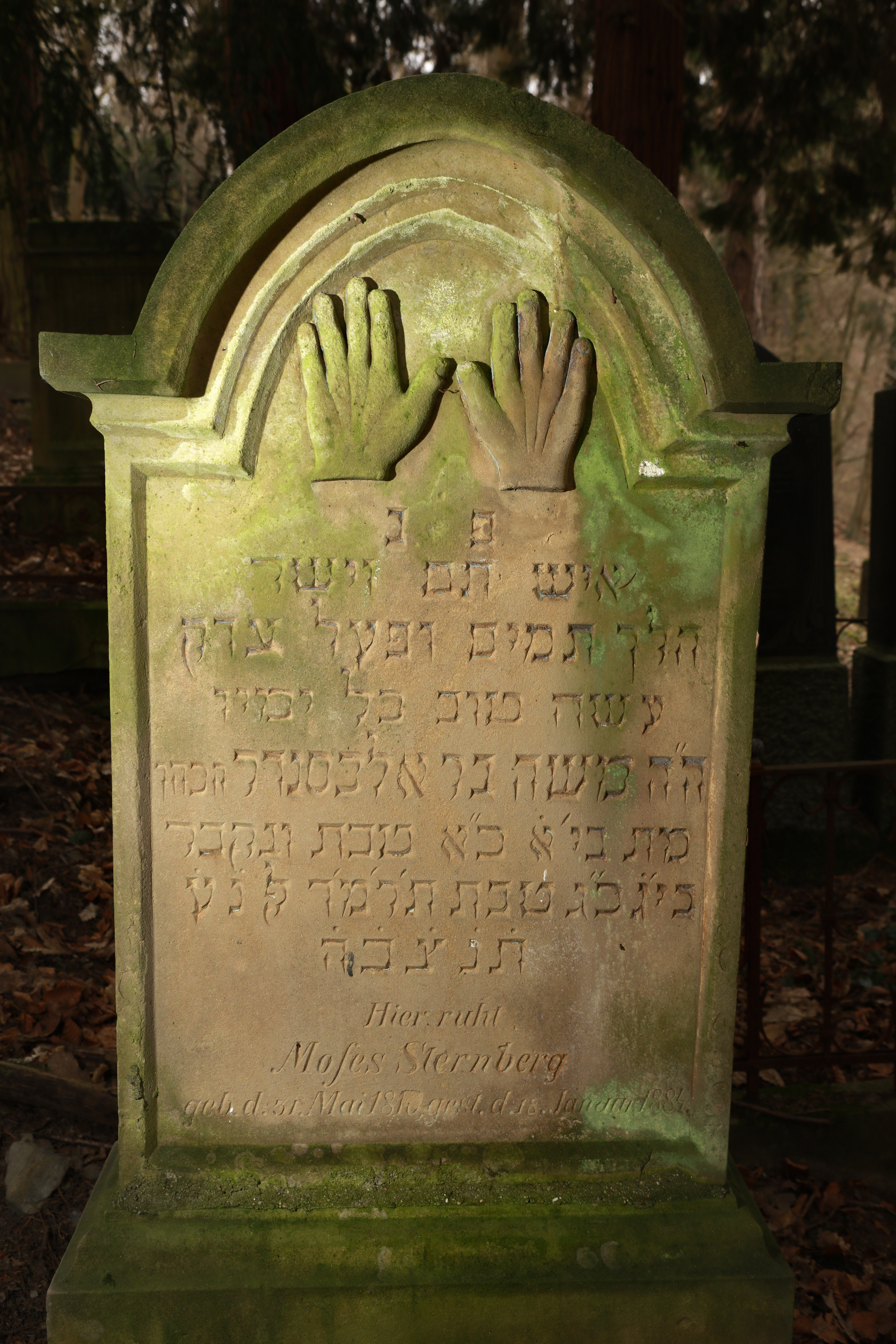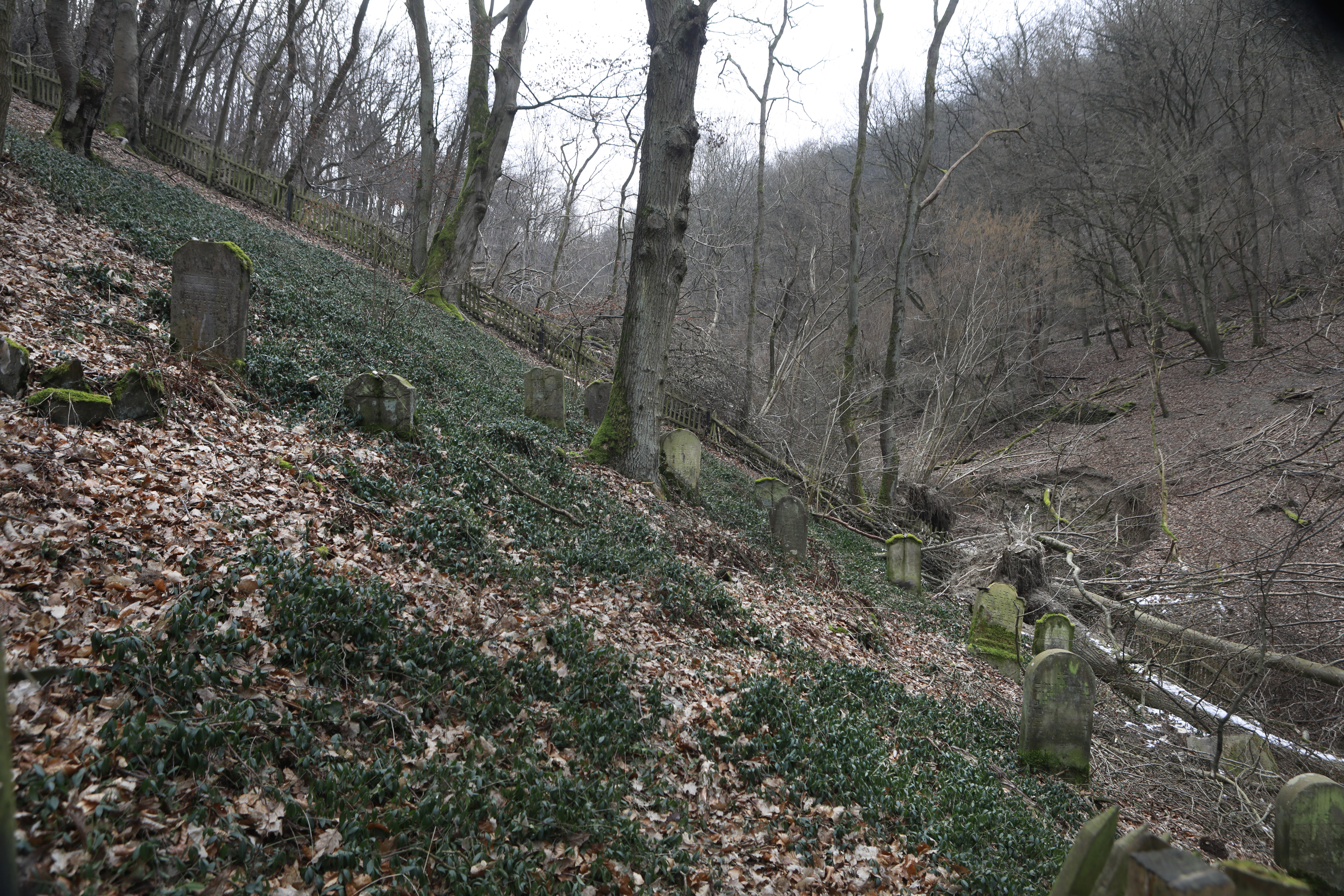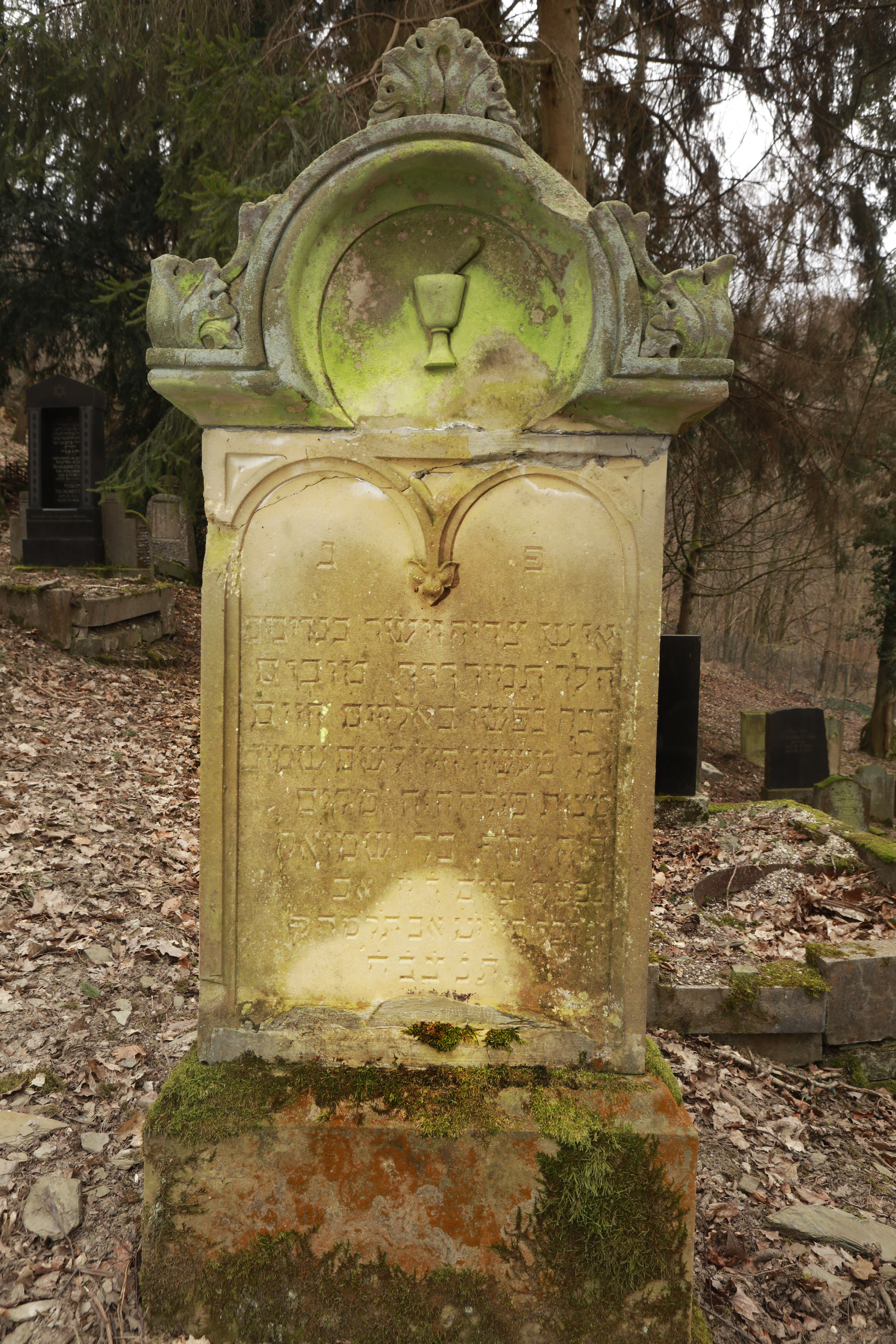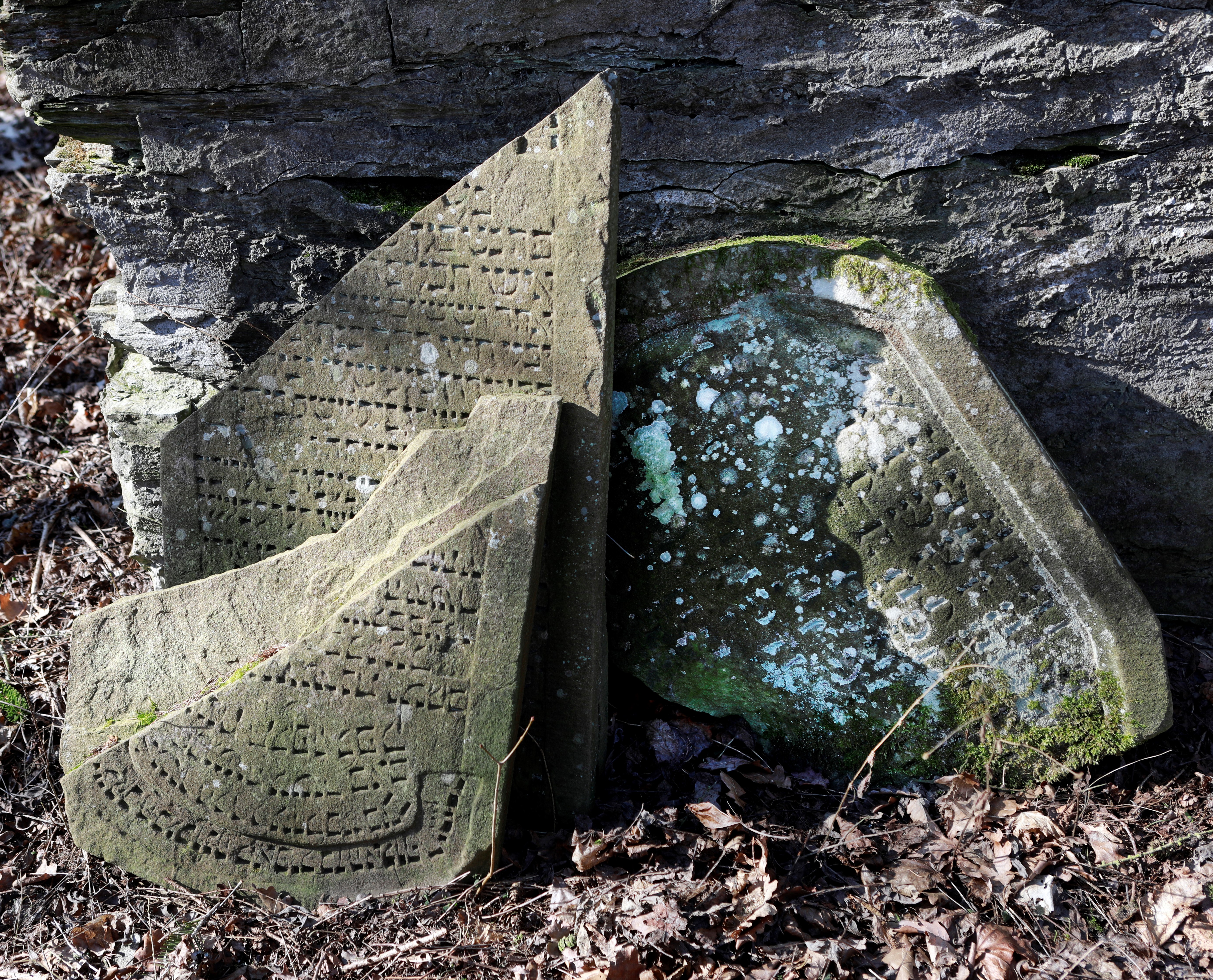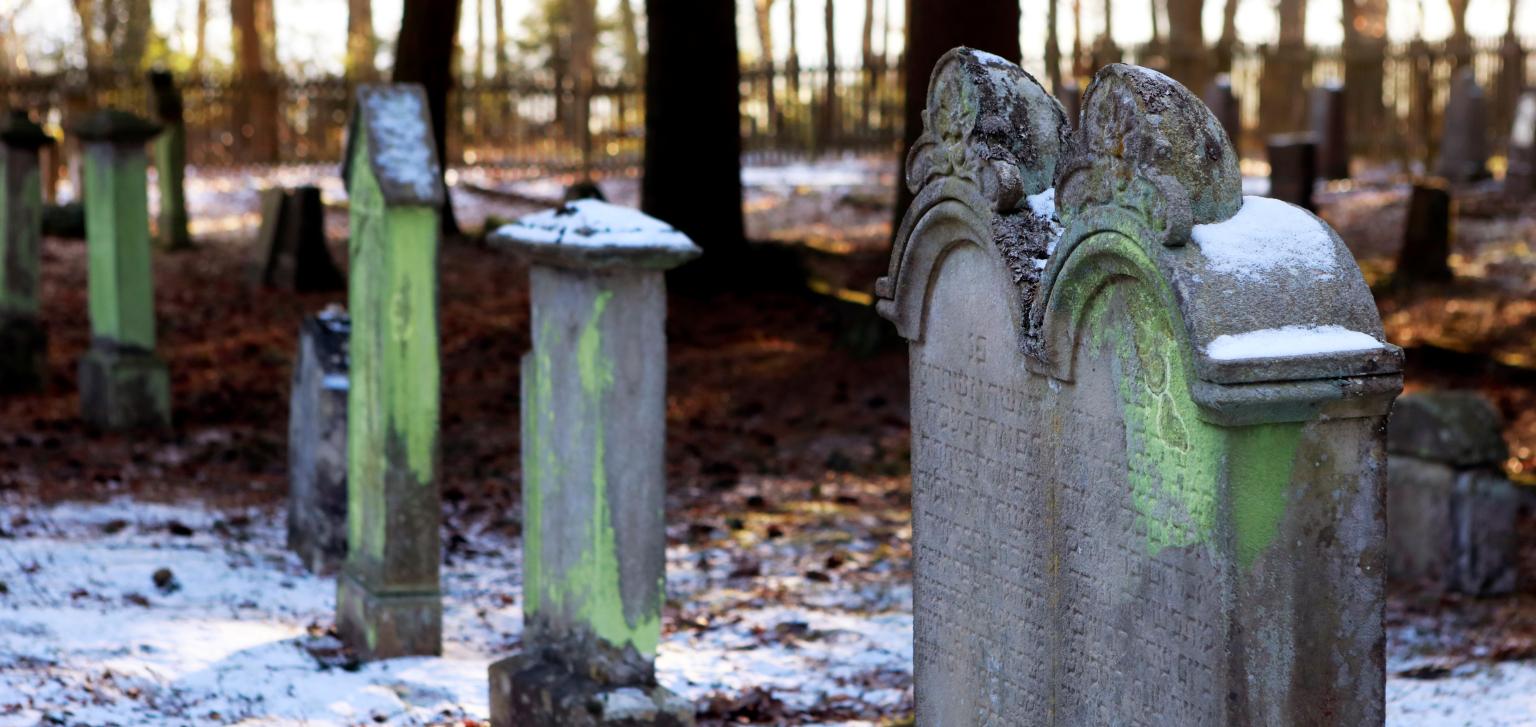
In addition to establishing prayer rooms and synagogues with a small Mikveh (ritual immersion baths) everywhere they settled, the Jews were also determined to acquire land in order to bury their dead. According to Jewish doctrine, the deceased must remain inviolable, meaning that cemeteries and gravesites should not be removed, but should continue to grow and expand over the centuries. These represent some of the oldest testimonies to Jewish-German culture; which in many places even survived National Socialism. They are of inestimable value for today’s genealogical research.
In addition to establishing prayer rooms and synagogues with a small Mikveh (ritual immersion baths) everywhere they settled, the Jews were also determined to acquire land in order to bury their dead. According to Jewish doctrine, the deceased must remain inviolable, meaning that cemeteries and gravesites should not be removed, but should continue to grow and expand over the centuries. These represent some of the oldest testimonies to Jewish-German culture; which in many places even survived National Socialism. They are of inestimable value for today’s genealogical research.
Until the judgement day?
In accordance with Jewish law, cemeteries are established for eternity. A cemetery remains a cemetery, even if the gravestones have been removed or the site has been built over. The deceased are to find eternal rest for body and soul at this location until the Messiah comes to bring redemption. This is referenced in the Hebraic term "Beth Olam", or “Eternal home”.
Unfortunately, in many places, an awareness of the differences between Jewish and Christian burial practices does not exist: Jewish cemeteries have been overbuilt or gravestones have been completely removed. In many instances, gravestones have been reworked for other purposes or set into walls by stone masons and sculptors with official permission from the authorities. Vandalism and anti-Semitic graffiti are prevalent to this day, with Jewish gravesites being unmistakably targeted. At the same time, wilful neglect, thoughtlessness, natural weathering processes, wildlife and storm damage, including acid rain, have done indelible damage.
Nonetheless, the 401 Jewish cemeteries located in largely rural communities are a lasting testimony to the once thriving German-Jewish culture in Rhineland-Palatinate. They are sites of religious ritual and places of remembrance for relatives and friends, but are also standing monuments under state protection.
Nevertheless, one speaks of „orphaned“ gravesites at almost all of these rural cemeteries because no descendants remain to maintain them, and no Jewish communities exist to use them. Responsibility for care and maintenance is usually taken on by the closest Jewish congregation, or is carried out on their behalf by the local community or private individuals.

